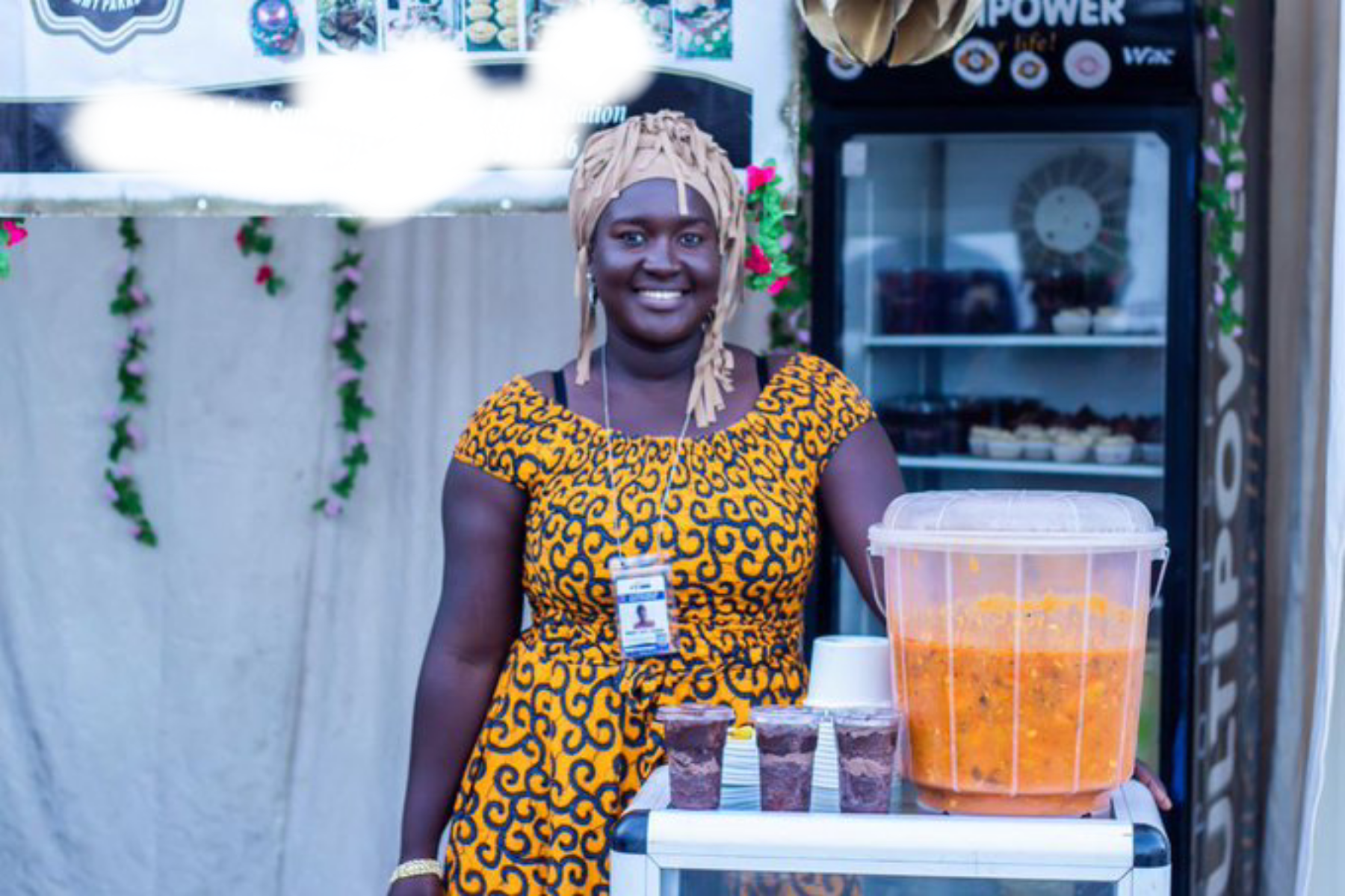|
Getting your Trinity Audio player ready...
|
The African Continental Free Trade Area (AfCFTA), in line with the 2030 Agenda for Sustainable Development, has a protocol for women and youth to encourage these previously excluded groups to participate meaningfully in trading.
According to AfCFTA Article 27 on Technical Assistance, Capacity Building, and Cooperation, State Parties recognise the importance of technical assistance, capacity building, and cooperation in order to complement the liberalisation of services, to support State Parties’ efforts to strengthen their capacity in the supply of services and to facilitate implementation and attainment of the objectives of this Protocol.
In that protocol, State Parties agree, where possible, to mobilise resources, in collaboration with development partners, and implement measures, in support of the domestic efforts of State Parties, with a view to, inter alia: building capacity and training for trade in services; improving the ability of service suppliers to gather information on and to meet regulations and standards at international, continental, regional and national levels; supporting the collection and management of statistical data on trade in services; improving the export capacity of both formal and informal service suppliers, with particular attention to micro, small and medium size; women and youth service suppliers.
In pursuit of the Sustainable Development agenda, AfCFTA has substantive provisions on building on what exists in the legal instruments, and for using the Chapter to enforce provisions related to customs and border management, access to opportunities, technical assistance, trade, and other finance to address challenges that women face.
AfCFTA has institutional arrangements to increase the participation of women and youth in trade. There is a Committee on Women and Youth in Trade which is the focal point for negotiations. The committee is represented in regional economic communities (RECs) with departments at the secretariat levels. It is also linked to the WTO Informal Working Group on Trade and Gender. The Virtual Working Group on Gender Equality and Diversity focuses also on gender-responsive and inclusive trade facilitation.
There is also a relationship between the AfCFTA and the RECs.
According to Art 19 of the AfCFTA Agreement: In the event of any conflict and inconsistency between this Agreement and any regional agreement, this Agreement shall prevail to the extent of the specific inconsistency, except as otherwise provided ….
“Notwithstanding the provisions of Paragraph 1 of this Article, State Parties that are members of other regional economic communities, regional trading arrangements, and customs unions, which have attained among themselves higher levels of regional integration than under this Agreement, shall maintain such higher levels among themselves.”
Art 8(2) Protocol on Trade in Goods goes: State Parties that are members of other RECs, which have attained among themselves higher levels of elimination of customs duties and trade barriers than those provided for in this Protocol, shall maintain, and where possible improve upon, those higher levels of trade liberalisation among themselves.
As a result, several African free trade areas exist alongside each other.






